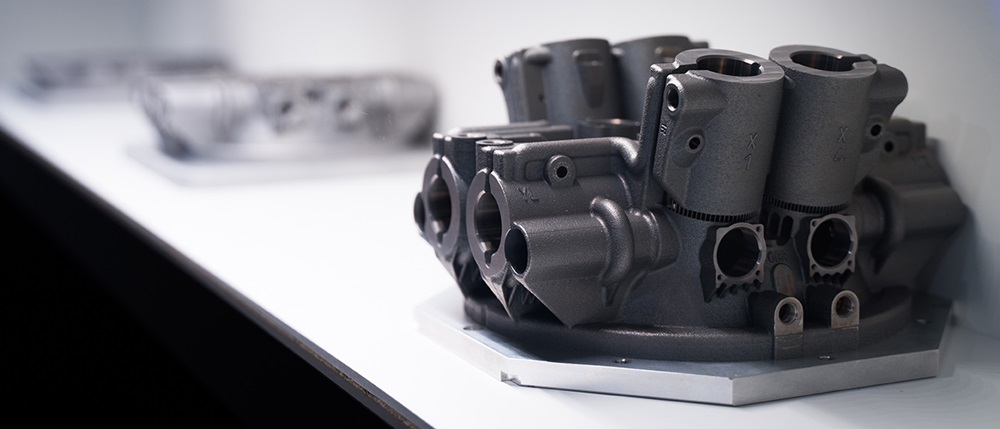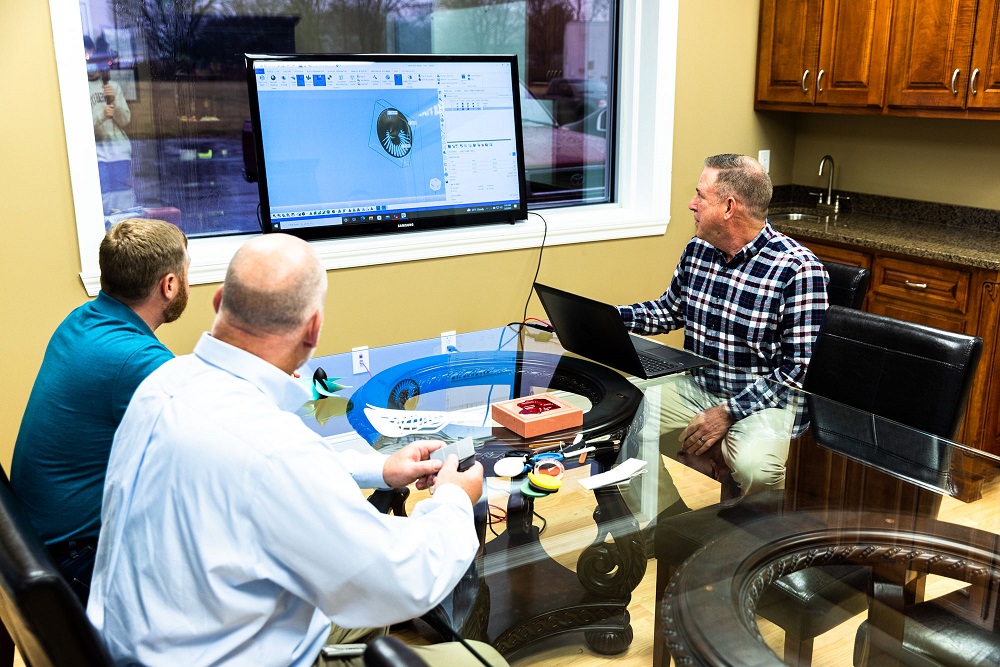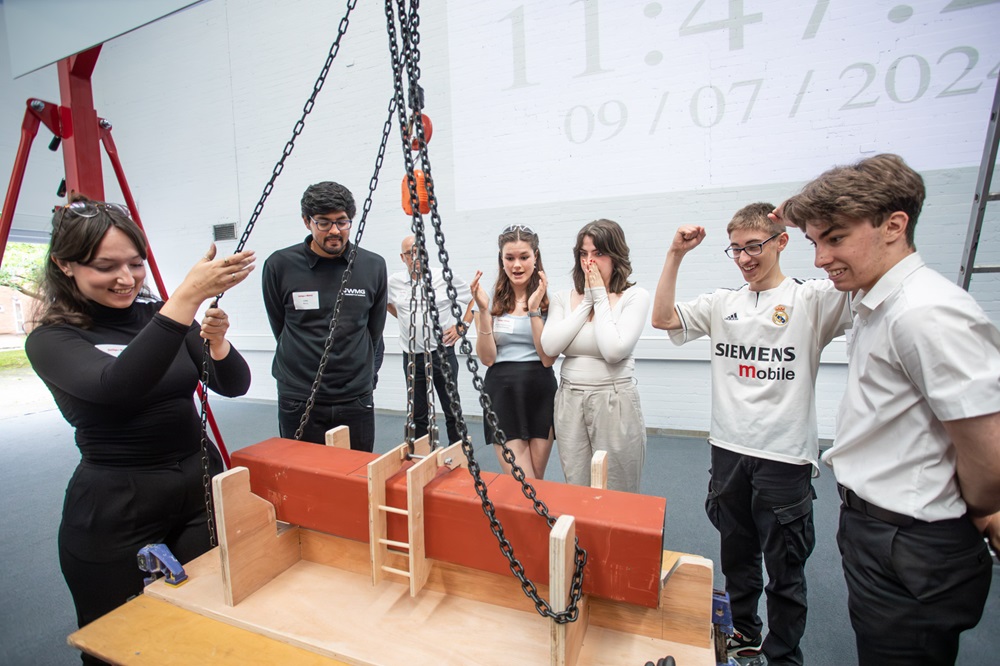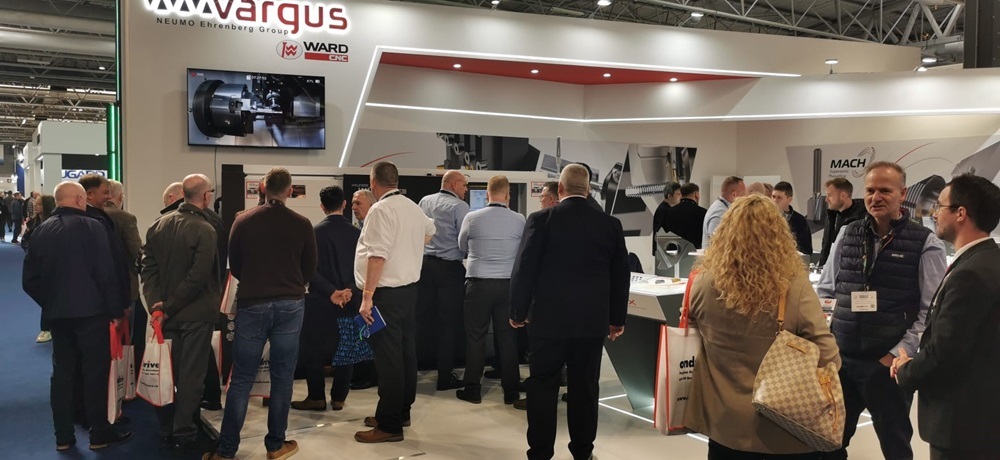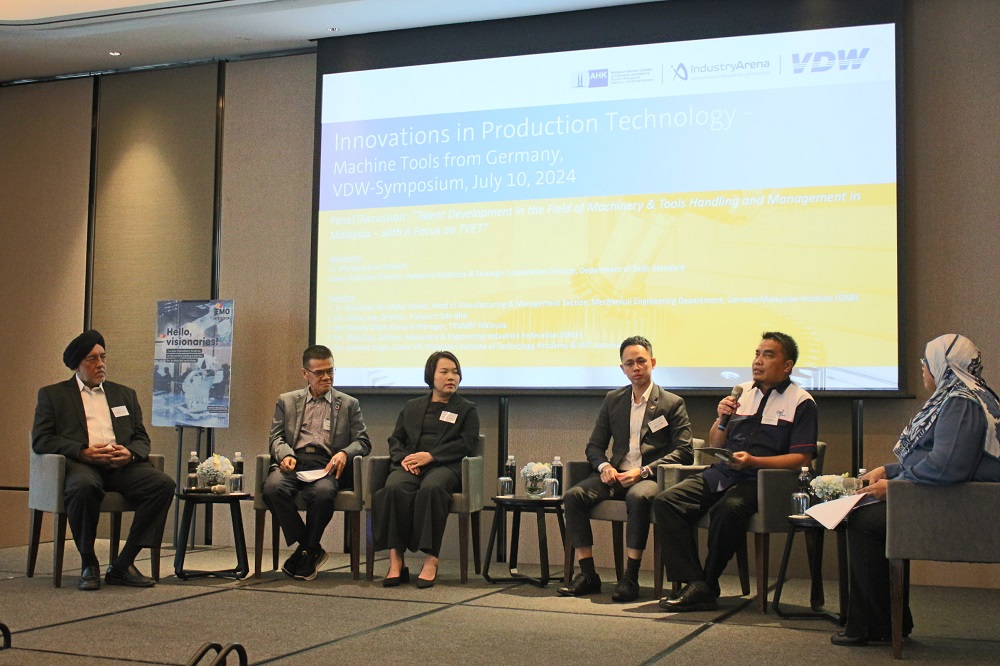To help educate key decision makers, stakeholders and the public about the importance of additive manufacturing (AM), Renishaw has joined the US-based Additive Manufacturing Coalition. As a member, Renishaw will help engage and educate manufacturing and research policy leaders across the federal government to emphasise the benefits of AM to national security, health, information security, manufacturing and more.
Renishaw will now receive invitations to quarterly policy roundtables with key decision makers. John Laureto, AM business manager – Americas, at Renishaw, says: “As the use of AM expands further and into new markets, the AM Coalition helps stand as a voice in support of all that this process has to offer. As a member, we’ll help drive AM use to improve economic prosperity and national security.”
More information www.renishaw.com






